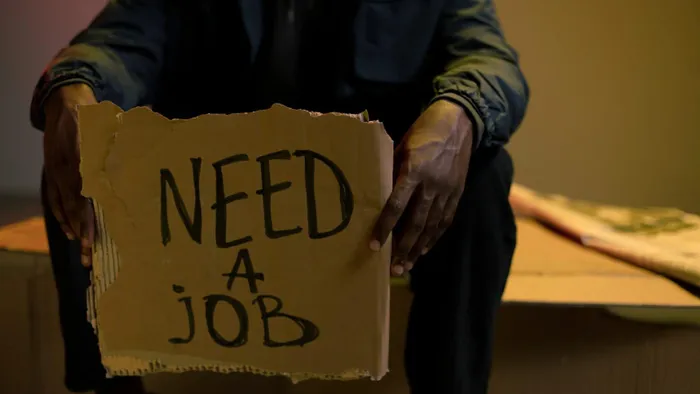
After being retrenched following the mine's closure, a man approached the Labour Court, alleging unfair dismissal.
Image: Ron Lach/Pexels
A man who was cut back after the mine was closed sought relief at the Labour Court in Johannesburg where he cried foul over unfair retrenchment.
Maletsoko Masha worked as an Excavator Ripper Operator at Lwala Mine in October 2017, employed under Zizwe Opencast Mining.
In March 2022, the mine issued a Section 189(3) notice where 204 employees were affected as a result of the closure of the mine.
However, in June 2022, the mine's operational lifespan was extended, leading to the extension of several employee contracts. However, the Excavator Ripper Operators were an exception, as their services were terminated prematurely. Only Excavator Bucket Operators were retained.
Masha rejected the mine's offer for a short-term Excavator Bucket Operator position, which was offered at a reduced rate to complete duties at the mine. Consequently, he received a retrenchment letter and was informed that he would be paid in lieu of his notice period for October 2022.
After receiving the retrenchment letter, Masha tried to offer his services as an Excavator Bucket Operator. However, his offer was rejected by the mine as he had previously declined this role.
He referred an unfair dismissal dispute to the Bargaining Council for the Civil Engineering Industry. In October 2022, the dispute was settled, and he agreed to accept a new position at a reduced rate.
In January 2023, he was issued with a retrenchment letter where he was advised that his last month would be February 2023 as the mine would be closing at the end of that month.
Despite the mine being closed, in March 2023, he referred a dispute to the Commission for Conciliation, Mediation and Arbitration (CCMA) on the basis of an unfair retrenchment. The matter was not resolved, and he was directed to refer the dispute to the Labour Court.
By law, he was required to have referred the matter to the Labour Court within 90 days after it was not resolved at the CCMA.
However, the 90-day period expired, and Masha brought a condonation application in May 2024 asking the court to overlook his late filing.
Explaining the delay, Masha said he consulted with his attorneys in April 2023 and in May, his attorneys asked him to provide contact details of his former employer.
As he was unable to provide the contact details, it was subsequently decided to instruct the sheriff to serve the statement of case to his former employer.
Masha's attorneys caused a further delay by mailing the statement of case to the sheriff via the South African Post Office. Consequently, the sheriff did not receive the statement of case until the end of August 2023.
Despite prior confirmation from the sheriff's office that it had jurisdiction, Masha's attorneys were informed by the sheriff that it could not serve the documents. Subsequently, the attorneys requested the return of the statement of case by post, but it has not yet been received.
Masha submitted that the delay in filing the statement of case was a result of the post office's collapse and his lack of possession of his former employer's email address.
He further added that the necessity for a condonation application only became apparent upon receipt of the statement of response in March 2024. Consequently, he believes the condonation application is merely two months overdue.
Presiding over the matter, acting Judge Hedda Schensema stated that based on the evidence, even though Masha attributed the delay to the post office, there was proof he possessed his former employer's email address.
She said Masha has not explained why the sheriff had to return the statement of case to his attorneys by post, nor why a new statement of case was not simply issued and served via email.
"The applicant (Masha) has failed to discharge the onus to show good cause why the indulgence sought should be granted. The delay is excessive and requires an extensive explanation, which the applicant has failed to provide," said judge Schensema.
Judge Schensema dismissed the application and said Masha failed to provide a detailed and acceptable explanation for the excessive delay and his reasons were not reasonable or acceptable under the circumstances.
sinenhlanhla.masilela@iol.co.za
IOL News
Get your news on the go, click here to join the IOL News WhatsApp channel.
Related Topics: